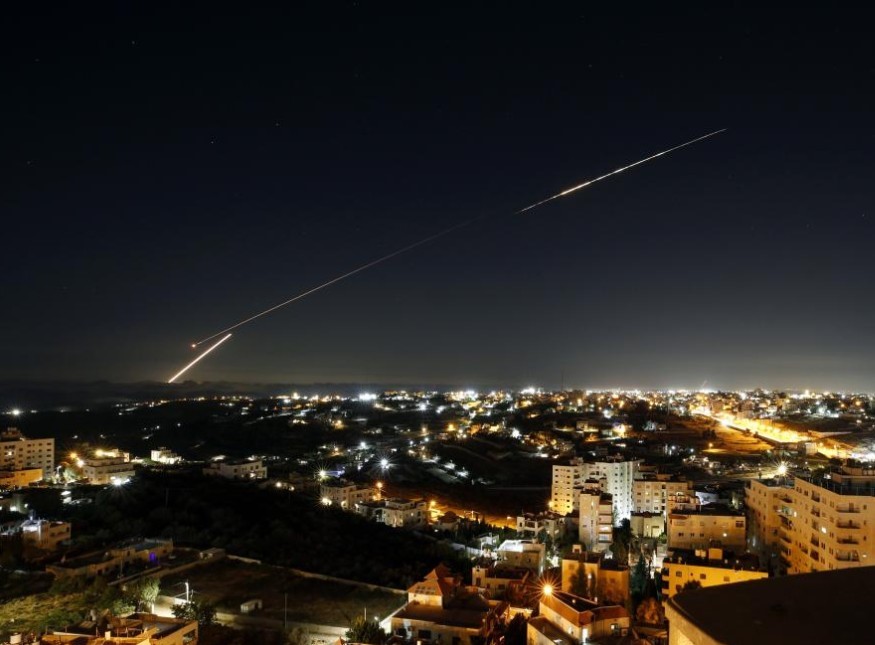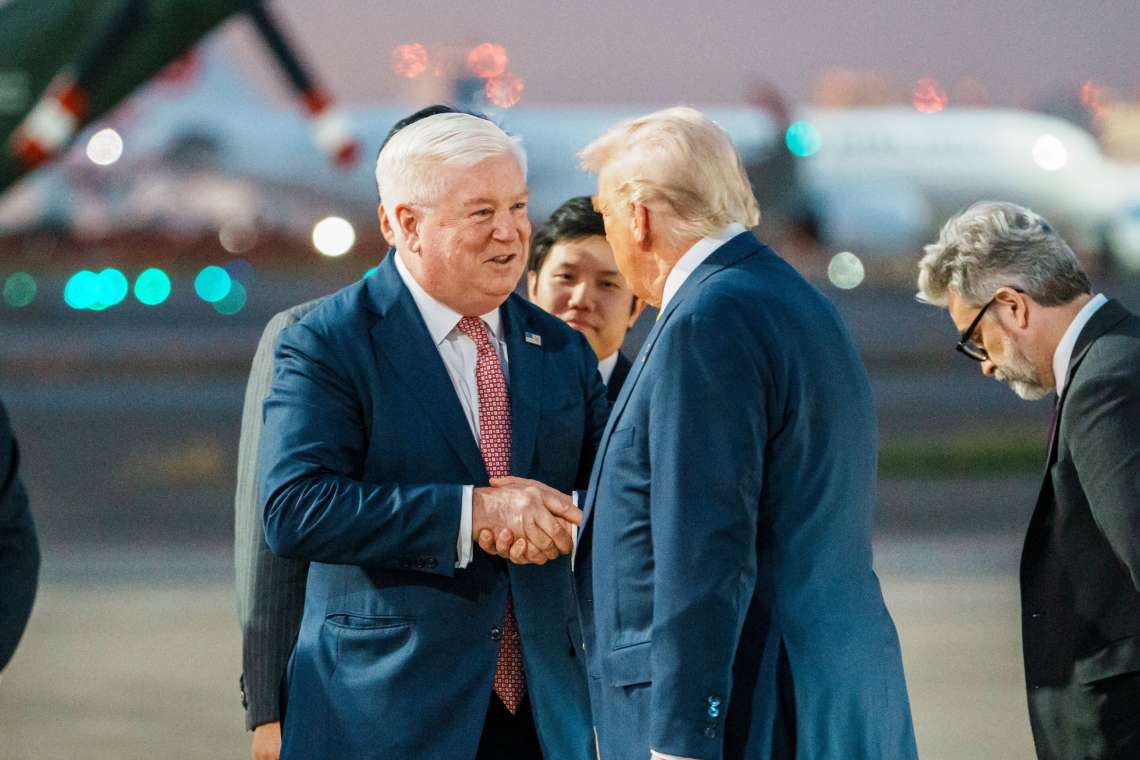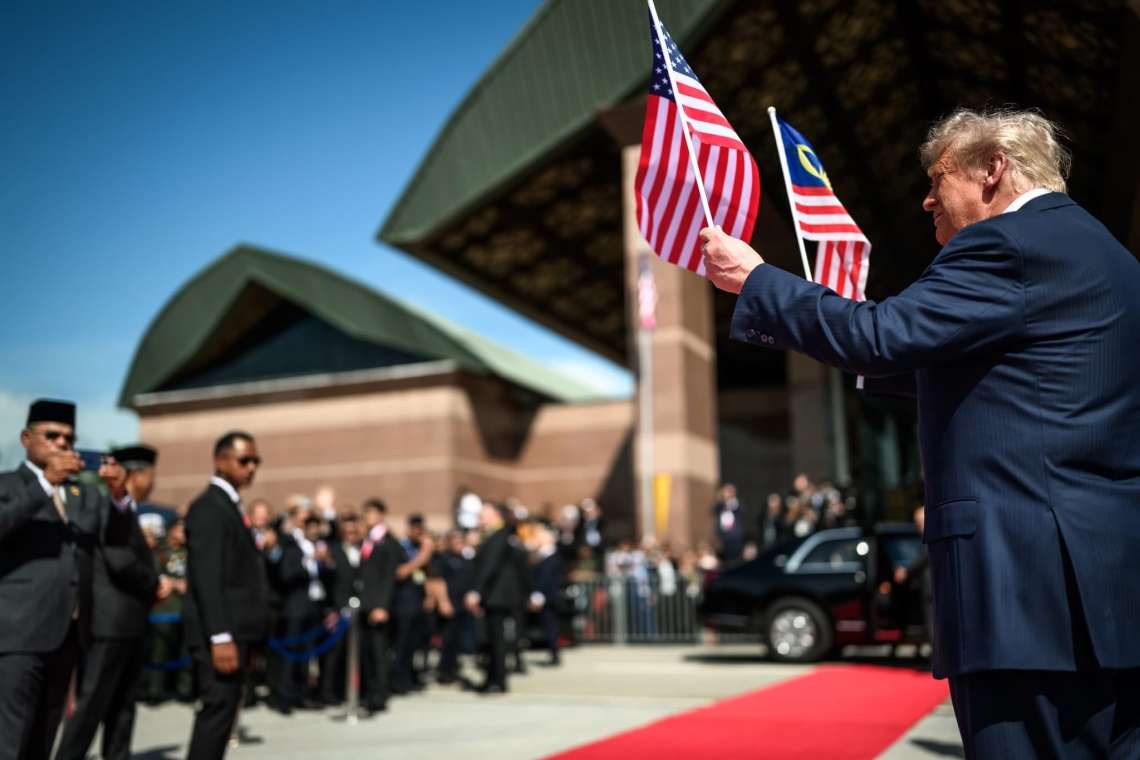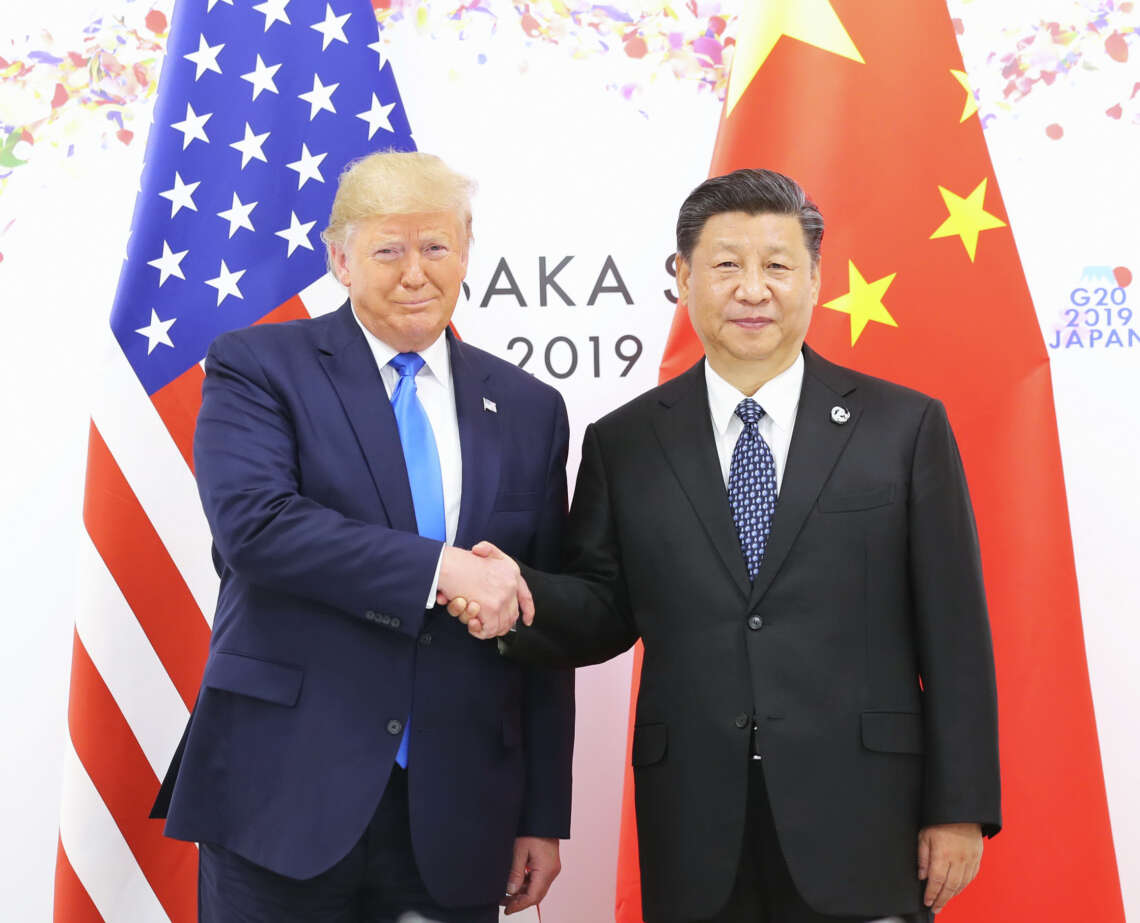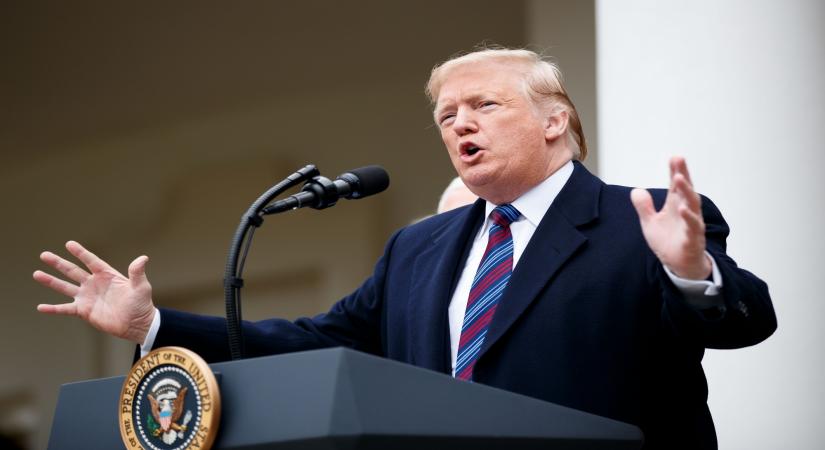The sanctions came after the US carried out strikes on June 22 on three Iranian nuclear sites, including its most deeply buried enrichment plant Fordow
The US imposed sanctions against a network that smuggles Iranian oil disguised as Iraqi oil, and on a Hezbollah-controlled financial institution, the Treasury Department said.
A network of companies run by Iraqi-British national Salim Ahmed Said has been buying and shipping billions of dollars worth of Iranian oil disguised as, or blended with, Iraqi oil since at least 2020, the department said.
“Treasury will continue to target Tehran’s revenue sources and intensify economic pressure to disrupt the regime’s access to the financial resources that fuel its destabilizing activities,” Treasury Secretary Scott Bessent said. The US has imposed waves of sanctions on Iran’s oil exports over its nuclear program and funding of militant groups across the Middle East.
The sanctions came after the US carried out strikes on June 22 on three Iranian nuclear sites, including its most deeply buried enrichment plant Fordow. The Pentagon said the strikes had degraded Iran’s nuclear program by up to two years, despite a far more cautious initial assessment that had leaked to the public.
The US and Iran are expected to hold talks about its nuclear program next week in Oslo, Axios reported. The Treasury Department also issued sanctions against several senior officials and one entity associated with the Hezbollah-controlled financial institution Al-Qard Al-Hassan.
The officials, the department said, conducted millions of dollars in transactions that ultimately benefited, but obscured, Hezbollah.
The Pentagon now believes that recent Israeli and American strikes on Iran’s nuclear facilities have pushed back Tehran’s atomic ambitions by up to two years.
“We have degraded their program by one to two years at least,” Pentagon spokesman Sean Parnell told reporters on Wednesday, adding, “We’re thinking probably closer to two years.”
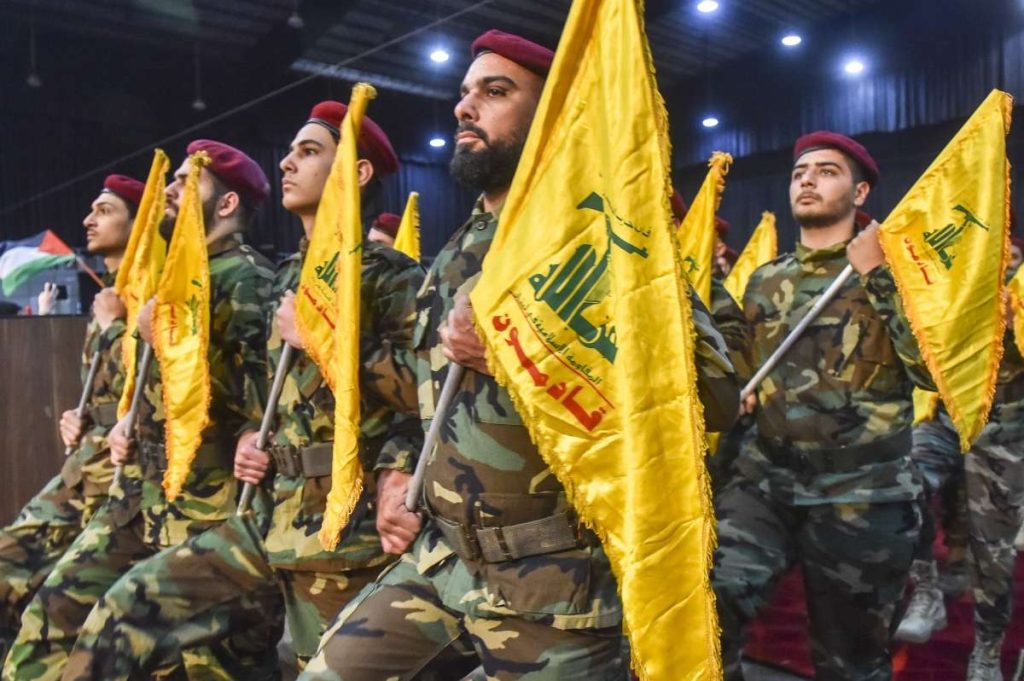
The assessment reflects a growing confidence in the impact of the coordinated strikes. The operation, which involved over 125 US aircraft–including B-2 stealth bombers, fighter jets, and aerial tankers–targeted Iran’s nuclear infrastructure at Fordow, Natanz, and Isfahan. In parallel, a US guided missile submarine launched Tomahawk cruise missiles at a third facility. According to Parnell, “those facilities especially have been completely obliterated.”
However, scepticism remains. Over the weekend, Rafael Grossi, head of the UN’s International Atomic Energy Agency, warned that Iran could resume enriched uranium production within months. Nuclear experts have also speculated that Iran may have removed some of its highly enriched uranium from the Fordow site prior to the strikes. US Defence Secretary Pete Hegseth has said there’s no intelligence confirming that.
Iranian Foreign Minister Abbas Araqchi acknowledged severe damage to the Fordow facility, though he insisted that “the technology and know-how is still there.”
Israel launched preemptive strikes against Iranian nuclear sites on June 13, citing intelligence that Tehran had reached “a point of no return” in its pursuit of nuclear weapons. According to Israeli defence officials, Iran has developed the capacity to rapidly enrich uranium and assemble nuclear bombs, with sufficient fissile material for up to 15 weapons.
Israeli intelligence also exposed a covert program to complete all components of a nuclear device. The strikes marked a dramatic escalation in what officials describe as a broader Iranian strategy combining nuclear development, missile proliferation, and proxy warfare aimed at Israel’s destruction.
A US-brokered ceasefire went into effect on June 24. During 12 days of fighting, Iranian missile strikes killed 28 Israelis and injured over 3,000.
Keeping the door open for diplomacy, Iran has stated that any negotiation process with the US is meaningless until Washington provides a “credible guarantee” to prevent future acts of aggression by Israel and the US. Iran’s Ambassador to India, Iraj Elahi emphasised Tehran’s conditions for resuming dialogue with Washington.
“As for negotiations with the United States, considering their betrayal of diplomacy and complicity with the Zionist regime in launching illegal attacks on Iran — while a diplomatic process was still ongoing — there will be no meaning or value in any talks unless a credible guarantee is provided to prevent the recurrence of such acts of aggression by the US and Israel in future negotiations,” he said.
The ambassador was referring to two major military operations carried out last month. On June 13, Israel launched “Operation Rising Lion”, conducting widespread airstrikes on Iranian soil targeting nuclear sites at Natanz and Fordow, missile production centres, and Islamic Revolutionary Guard Corps (IRGC) command bases. Several top IRGC commanders and nuclear scientists were reportedly assassinated during the operation.
This was followed by US strikes on June 21-22 under “Operation Midnight Hammer”, which also targeted Iranian nuclear infrastructure. Iran has strongly condemned both operations, calling them a blatant violation of international law and the UN Charter.


